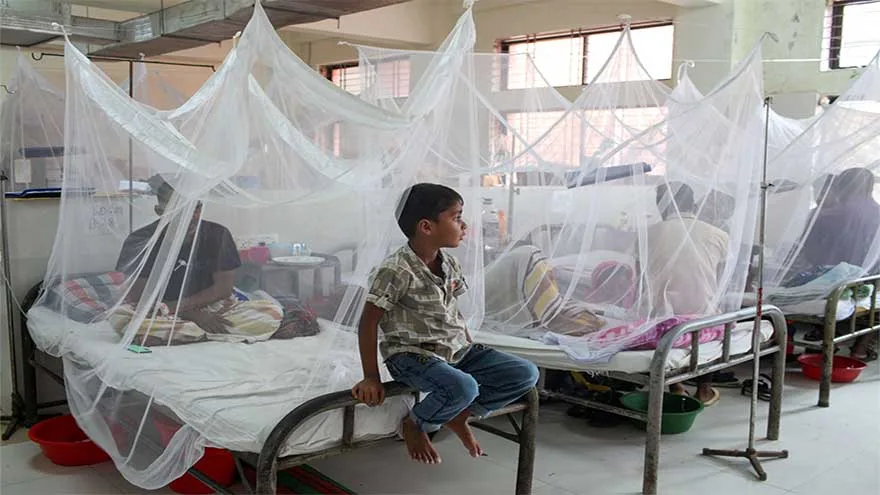Global Rise in Viral Infections Linked to Climate Change
A noticeable increase in viral infections is being observed globally, raising concerns among health officials and researchers. This surge is increasingly being linked to the effects of climate change, which is altering ecosystems and impacting human health in complex ways.
Factors Contributing to the Surge
- Climate Change: Alterations in temperature and weather patterns are expanding the geographical range of disease-carrying vectors like mosquitoes and ticks.
- Environmental Changes: Deforestation and urbanization bring humans into closer contact with wildlife, increasing the risk of zoonotic diseases.
- Increased Mobility: International travel facilitates the rapid spread of viruses across borders.
- Weakened Immune Systems: Factors like malnutrition and air pollution can compromise immune function, making people more susceptible to infections.
Impact on Public Health
The rise in viral infections is placing a significant strain on healthcare systems worldwide. Hospitals are facing increased patient loads, and resources are being stretched thin. The economic impact is also substantial, with lost productivity and increased healthcare costs.
Specific Viral Threats
- Mosquito-borne Viruses: Dengue fever, Zika virus, and chikungunya are spreading to new regions.
- Respiratory Viruses: Influenza and other respiratory viruses are exhibiting increased seasonality and severity.
- Emerging Viruses: Novel viruses are emerging with increasing frequency, posing new challenges to public health.
Preventative Measures and Solutions
Addressing the global rise in viral infections requires a multi-faceted approach:
- Strengthening Public Health Infrastructure: Investing in disease surveillance and response systems is crucial.
- Promoting Vaccination: Ensuring widespread access to vaccines can prevent many viral infections.
- Climate Change Mitigation: Reducing greenhouse gas emissions and adapting to the changing climate is essential.
- Personal Protective Measures: Practicing good hygiene, such as frequent handwashing, can help prevent the spread of viruses.
- Research and Development: Investing in research to develop new antiviral drugs and vaccines is vital.
Final Overview
The escalating trend of viral infections worldwide, exacerbated by climate change and other environmental factors, demands immediate and concerted action. By strengthening public health systems, promoting preventative measures, and addressing climate change, we can mitigate the impact of these infections and protect global health security.




+ There are no comments
Add yours